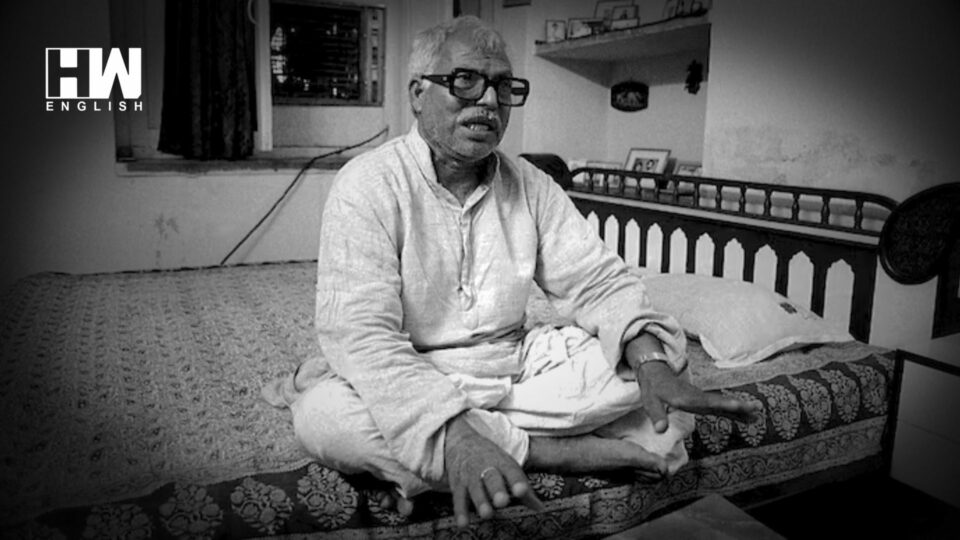Karpoori Thakur often hailed as the “Jan Nayak” or people’s hero in Bihar politics, has been posthumously honoured with the Bharat Ratna, India’s highest civilian award. The announcement, made a day before Thakur’s 100th birth anniversary, has stirred emotional responses from political leaders, including Prime Minister Narendra Modi and Bihar Chief Minister Nitish Kumar.
As the first non-Congress Chief Minister of Bihar, Thakur served from December 1970 to June 1971 and from June 1977 to April 1979. His tenure saw the implementation of the Mungerilal Commission, introducing reservations for economically disadvantaged and backward sections, a significant step in the Rs 34,615-crore bank fraud case.
Also Read: Congress Chief Writes To HM Amit Shah Over Assam Clash
Born in 1924 in Samastipur district, Thakur, despite brief tenures, played a pivotal role in Bihar politics. His legacy transcends party lines, with various political ideologies seeking to claim his heritage. Veteran socialist leader Shivanand Tiwary noted Thakur’s rise from a low-income family of the numerically small Nai caste, stating, “His leadership qualities were such that despite being from a so-called lower caste, he was respected by those hailing from the upper castes.”
Starting his political journey during the Quit India movement, Thakur, associated with leaders like Jayaprakash Narayan and Ram Manohar Lohia, challenged Congress hegemony in the 1952 state assembly election. Rising to prominence in 1967 as Deputy Chief Minister, he abolished English as a compulsory school subject, earning recognition for his bold and progressive move.
Although his Chief Minister tenures were brief, Thakur’s impact was substantial. The Mungerilal Commission’s recommendations were implemented, introducing quotas for backward classes. Tiwary emphasized, “The ban on alcohol, counted as one of his major achievements, was first experimented with in Bihar during Karpoori Thakur’s rule.”
Remembered as a leader untainted by venality, Thakur passed away in 1988. Despite political differences, Nitish Kumar and RJD president Lalu Prasad regard Thakur as their mentor. The recent increase in quotas in Bihar has JD(U) and RJD seeking to capitalize on Thakur’s legacy. At the same time, the BJP, with the Bharat Ratna recognition, aims to assert itself as the champion of backward classes.
As an independent media platform, we do not take advertisements from governments and corporate houses. It is you, our readers, who have supported us on our journey to do honest and unbiased journalism. Please contribute, so that we can continue to do the same in future.

